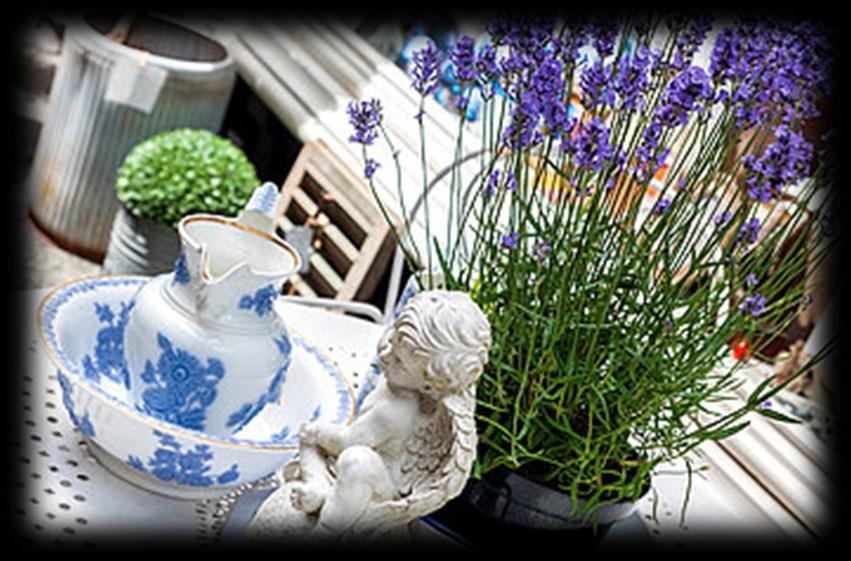Preparing for a Move to a Care Home: Advice,


suggestions, and practical support

Moving to a care home can be an emotional time for both residents and their families. However, if you follow these simple suggestions it can be a positive experience for everyone involved.
The move will be less stressful if your loved one has familiar objects around them. Spend some time deciding what personal items your loved one wishes to take with them.
Consider decorating the loved one’s room with soft furnishings that compliment the décor. For example: occasional pillows, a throw blanket, or personal bed linens such as a duvet and pillow cases.
You may also add a favourite chair, footstool, or small items of furniture from home.
Fill the walls with photographs of family, favourite pictures, or posters. We will be happy to hang these for you.

We will put up shelving for you to display your ornaments, books, radios, etc.

Getting to know your loved one
Something that all colleagues in a care home find useful in advance of an admission is details about their new resident’s life. We often ask families to assist us with preparing a life history book. This can take some time, however if you are able to prepare a short story our colleagues can use this information to develop relationships with new residents through conversation. Residents will feel more at home if our care home team are able to have conversations with them about special events in their lives. We will treat this information with the utmost care and respect.
Things to include in a life history:



• Where did your loved one grow up?
• When did they get married?
• How many children do they have? How many grandchildren? What are their names?
• Do they have a pet?
Photograph albums are a great tool to use when starting a conversation with a resident. It would be useful if you have copies of pictures that you can put in an album for us .
On admission day, give yourself enough time to do whatever comes up, and be prepared to stay for the day. To help make the day run as smooth as possible, try to fill out forms and carry out important tasks beforehand. Ask us what the day will be like, and what you need to do.
Experience tells us that residents settle in more quickly and loved ones feel more reassured if they spend some time at the care home before moving in.
Getting to know members of the care team, making friends with other residents and seeing what happens on a daily basis will make all involved much happier. We welcome these visits and look forward to meeting you.

What to bring with you:
Clothing
Jumpers
Trousers/skirts/dresses
Tops/t-shirts
Evening wear
Coats for winter/autumn
Dressing gown
Socks & underwear
Slippers
Two pairs of shoes
Active wear
Accessories (hats, scarves)
Electronics
Radio
Tablet
Mobile phone & charger
Laptop
Headphones
Extension cord
DVD player
TV with remotes
Hearing aids
Notes
Personal care & hygiene
Medicine
Soap
Shampoo & conditioner
Make-up
Perfume & deodorant
Toothbrush
Toothpaste
Denture & care items
Body lotion & moisturisers
Shaving equipment
Hairbrush and/or comb
Hair pins & clips
Towels & flannels
Furniture
Lounge chair
Desk
Wardrobe
Chest of drawers
Nightstand
Lamp
Bookshelf
Blankets
Quilt
Throw
Bedding
Small lap blanket
Linens
Pillows & pillowcases
Decoration & personal items
Paintings & photographs
Ornaments
Books & films
Magazines
Hobbies - puzzles, knitting
Music - CDs, vinyls
Top tips
Contact the care home before you start packing - there may be
things you don’t need to bring e.g.: linen and towels.
If possible, visit the room before you move in to get a feel for how much space there is and to think about how to decorate it.
Clothing for two weeks is recommended. Keep in mind they need to withstand frequent washing and drying.
Label your items and clothing to avoid any mix-ups at the care home. This is particularly important for people with dementia as they may forget what belongs to them.
Ask the care home for suggestions - they will be happy to help you to make sure you have everything you need.









